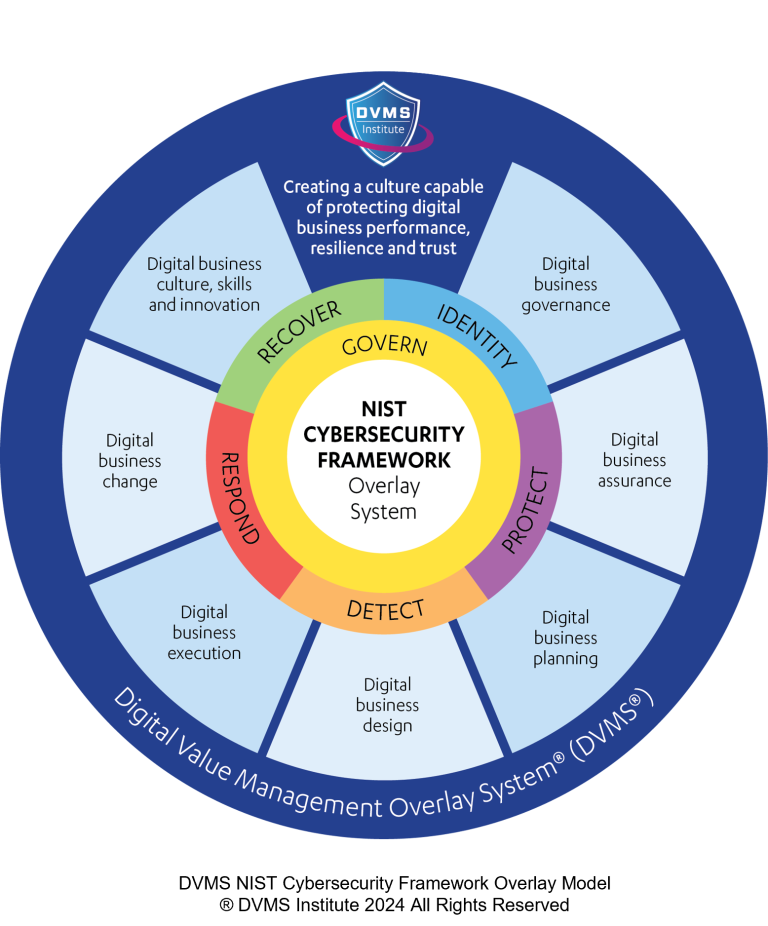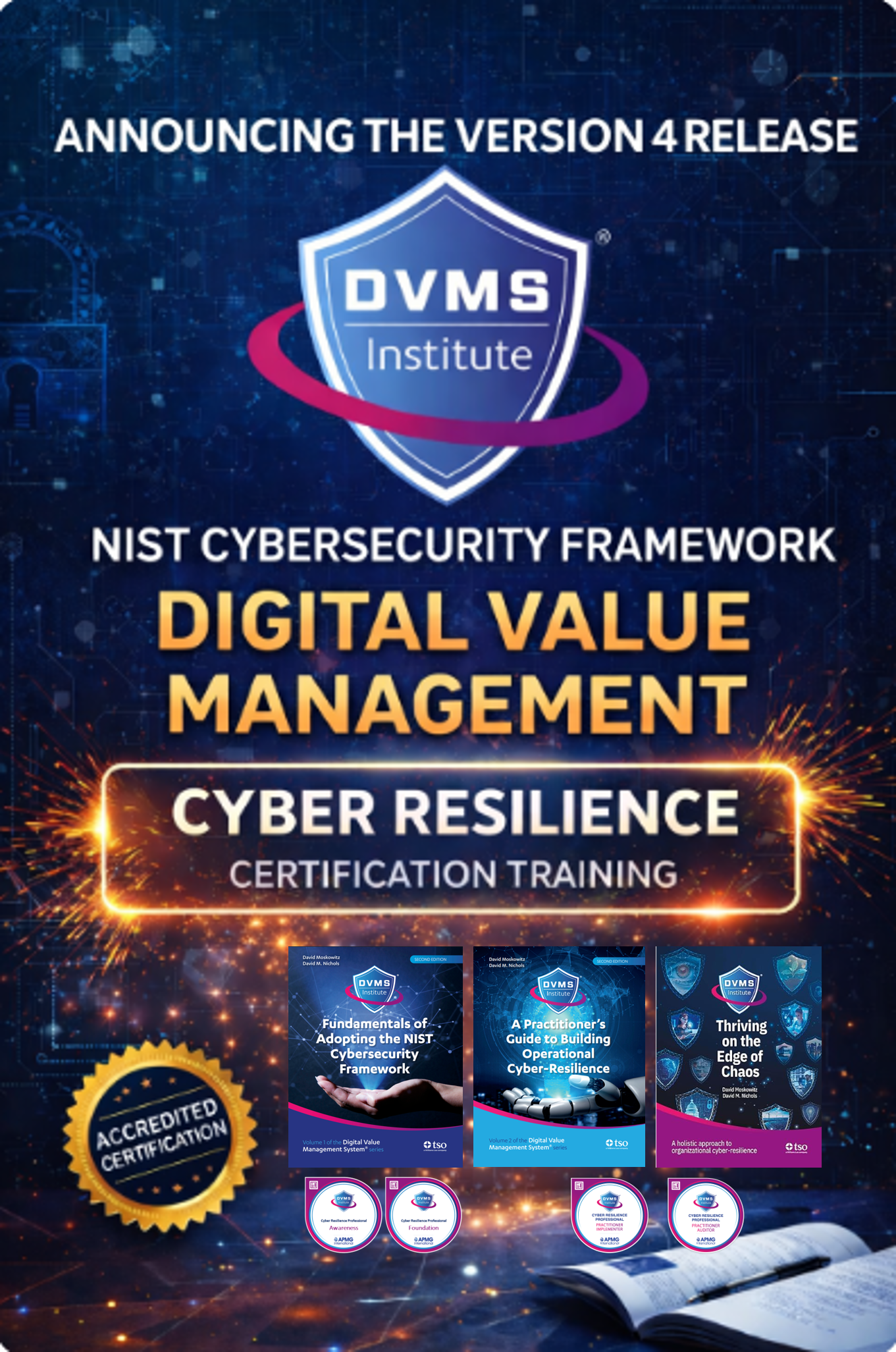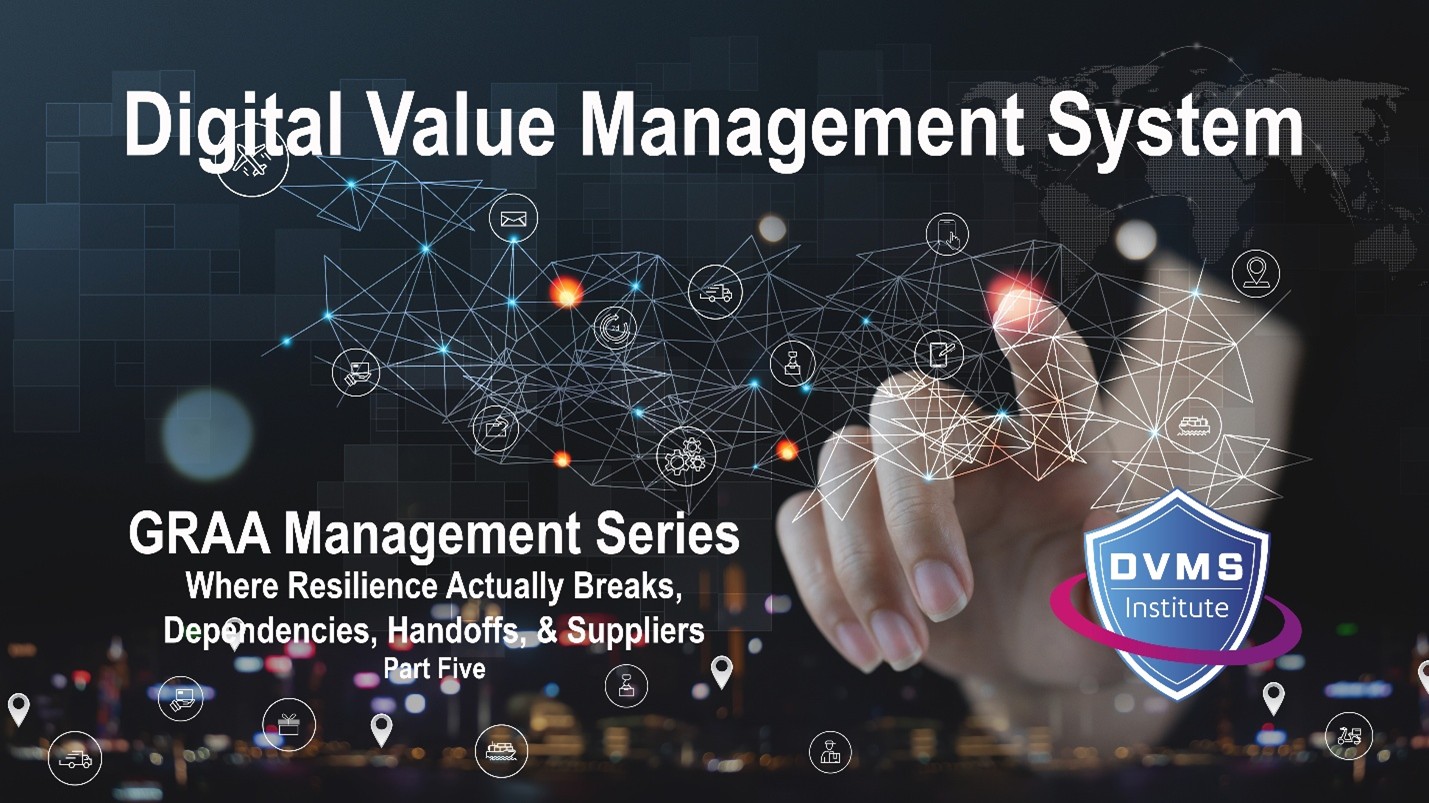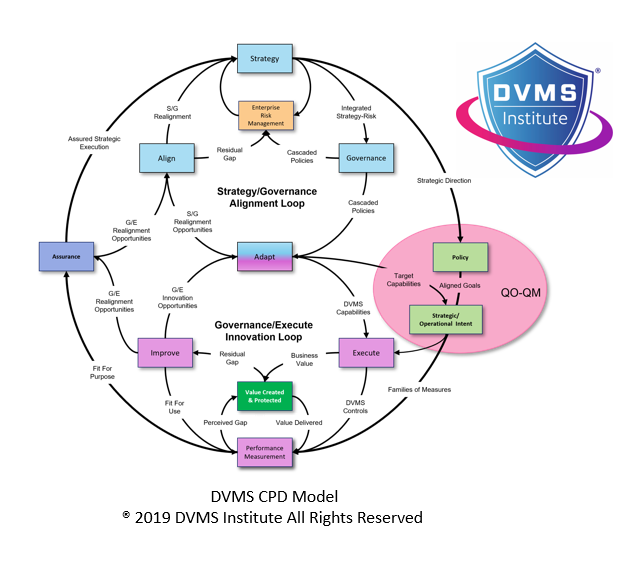Four Mistakes to Avoid When Building a Cybersecurity Risk Management Program
Rick Lemieux – Co-Founder and Chief Product Officer of the DVMS Institute
Cybersecurity risk management programs are the bulwarks against the digital onslaught, yet many crumble under complexity, complacency, and misalignment. The reasons for their failure are as varied as the threats they aim to mitigate, but certain commonalities emerge.
A fundamental issue lies in the perception of cybersecurity as a cost center rather than an investment. Short-term financial pressures often trump long-term security considerations. The allure of immediate returns overshadows the potentially catastrophic consequences of a breach. This myopic focus on the bottom line creates a hostile environment for robust security initiatives. Programs need executive sponsorship and clearly articulating cybersecurity as a business enabler to gain traction and necessary resources.
Another critical misstep is the failure to assess and manage third-party risk adequately. Organizations rely heavily on external vendors and partners in today’s interconnected world. A compromise of a third party can cascade into a devastating breach for the primary organization. Neglecting to vet and monitor these relationships leaves a gaping hole in the security perimeter. Additionally, many organizations underestimate the human factor. Despite training, employees remain a weak link in the security chain. A lack of awareness, carelessness, or social engineering attacks can lead to catastrophic data breaches. Effective security awareness programs and robust incident response plans are essential to mitigate this risk.
Cybersecurity is a dynamic landscape characterized by an ever-evolving threat landscape. Programs that fail to adapt to these changes are destined to fail. Rigidity in the face of new threats is a recipe for disaster. Regular risk assessments, threat intelligence integration, and a culture of continuous improvement are essential to stay ahead of the curve. Moreover, the complexity of modern IT environments poses significant challenges. The proliferation of cloud services and IoT devices and bring-your-own-device policies expand the attack surface exponentially. Effective risk management requires a holistic view of the entire IT ecosystem, including cloud security, endpoint protection, and data loss prevention.
Compliance with regulations like GDPR, CCPA, and HIPAA is often seen as a checkbox exercise rather than a strategic imperative. While compliance is essential, it should not be the sole focus of a cybersecurity program. A risk-based approach is more effective, as it prioritizes efforts based on the potential impact of a breach. Furthermore, many organizations need help with data governance. Without a clear understanding of where sensitive data resides and who has access to it, it is impossible to protect it effectively. Data classification, access controls, and loss prevention measures must be implemented to safeguard critical information.
The failure of cybersecurity risk management programs is often attributed to a combination of factors, including short-term thinking, inadequate resource allocation, human error, and the inability to adapt to a changing threat landscape. Addressing these challenges requires a holistic approach encompassing technology, people, and processes. By prioritizing cybersecurity as a strategic imperative, investing in human capital, embracing emerging technologies, and fostering a culture of security, organizations can significantly enhance their resilience against cyber threats.
About the Author

Rick Lemieux
Co-Founder and Chief Product Officer of the DVMS Institute
The DVMS Institute teaches organizations of any size, scale, or complexity an affordable approach to mitigating cyber risk to protect digital business performance, resilience, and trust.
Rick has 40+ years of passion and experience creating solutions to give organizations a competitive edge in their service markets. In 2015, Rick was identified as one of the top five IT Entrepreneurs in the State of Rhode Island by the TECH 10 awards for developing innovative training and mentoring solutions for boards, senior executives, and operational stakeholders.
® DVMS Institute 2024 All Rights Reserved




